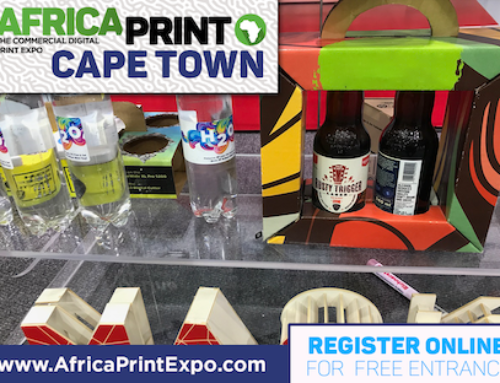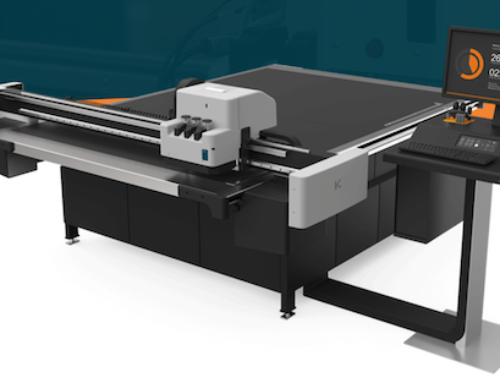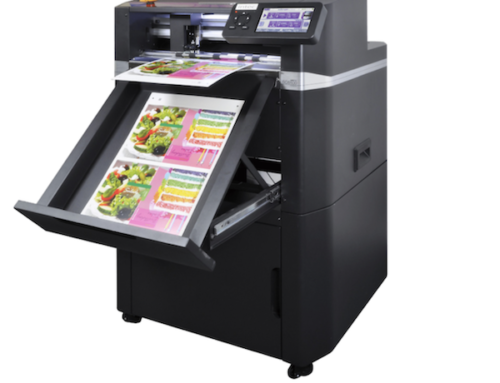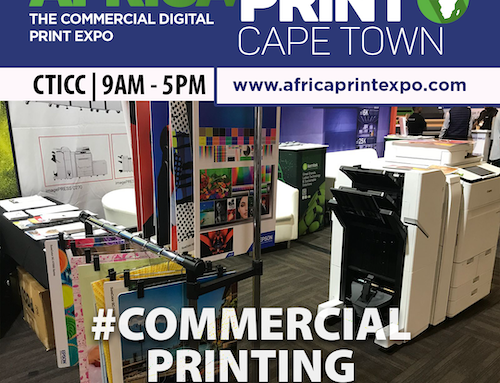Laurel Brunner of the Verdigris Project recently came across the Reifenhäuser group as part of a project looking into recyclable packaging materials and developments.
Such things as weatherstripping and fencing, window frames, plastic films and sheeting are produced by melting plastic and shaping it into a particular product. Plastic films and sheeting produced in this way are used in packaging to provide food safe barriers and mechanical stability.
Reifenhäuser has now caught the sustainability bug and is working on coatings and sheet plastics that support the circular economy. What makes the company interesting is not so much its products, which most of us in this sector will have no reason to bother with; it is the commitment of a largish company to supporting environmental impact mitigation. Given Reifenhäuser’s history, the alternative may well be extinction. Still that more sustainable coatings are being developed has to be a good thing.
The company has developed a flexible packaging material for things like stand-up pouches and plastic bags. It is made from polypropylene or polyethylene that can be recycled. The material does not include the usual polyamides, which add barrier properties and mechanical strength but which are tricky to recycle.
This probably doesn’t much matter to commercial printers or those in the sign and display sector. But it should be of interest, because these new materials will at the very least pose a colour management challenge. Printing systems used to produce collateral material for a marketing project or exhibition that involves packaged displays will need to understand how these new materials behave in production.
As always, it is the substrate that determines colour accuracy, and if we are to ensure common colour appearance across production lines, these new products will need testing and evaluation. That will be true within commercial as well as packaging production lines. Commercial printers may find themselves being asked to match colour to a package, rather than a proof.
This article was produced by the Verdigris Project, an industry initiative intended to raise awareness of print’s positive environmental impact. Verdigris is supported by: FESPA (www.fespa.com), Fujifilm (www.fujifilm.com/sustainability/), HP (www.hp.com), Kodak (www.Kodak.com/go/sustainability), Practical Publishing (www.practicalpublishing.co.za), Miraclon (https://miraclon.com), Unity Publishing (http://unity-publishing.co.uk) and Xeikon (www.xeikon.com).
THE VERDIGRIS PROJECT





